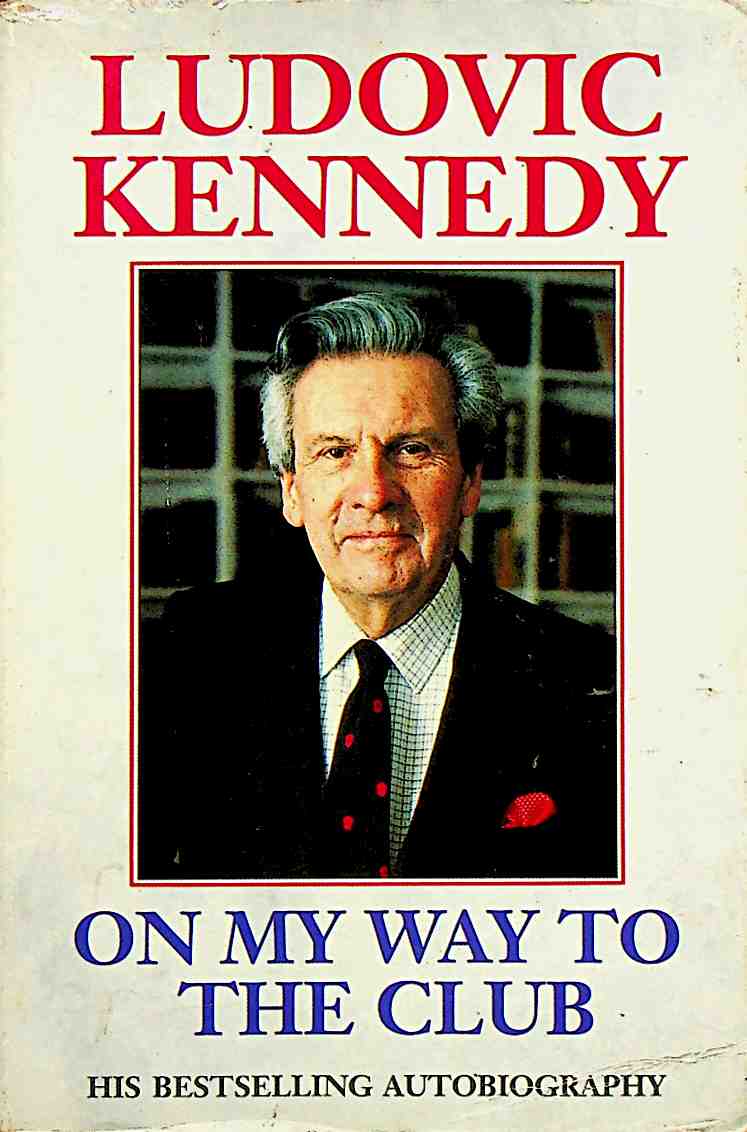Granta 77
Highlights

English
Language
NA
Edition
352
Pages
9780903141505
ISBN-13
0903141505
ISBN-10Granta Books
Publisher
198 mm
Height
129 mm
Width
13 mm
Thickness
Paperback
BindingDescription
The events of September 11 were terrible their consequences might prove to be more so. But out of them has arisen what might be called the but sentiment, as in It was terrible...but the Americans were asking for it/deserved it/should have expected it. You didnt have to be on the West Bank or in Kabul to hear it. The same thought was there in British and European news The events of September 11 were terrible their consequences might prove to be more so. But out of them has arisen what might be called the but sentiment, as in It was terrible...but the Americans were asking for it/deserved it/should have expected it. You didnt have to be on the West Bank or in Kabul to hear it. The same thought was there in British and European newspapers, in the country pubs of Kent, in the bars of Barcelona and Frankfurt. An undertow of feeling was suddenly exposed: anti-Americanism. Is the US really so disliked If so, why Granta asked 20 distinguished writers across the world to describe how America has affected them - culturally, politically, economically, as citizens, as writers, as children and as adults, for better or worse.The bulk of Granta 77: What We Think of America is devoted to exploring the effect of American culture, politics, and economics on 24 writers in light of the horrific events of 9/11. As editor Ian Jack states in his introduction, the pieces here are not about that day, nor are they excuses for it, but an attempt to understand why, after the initial outpouring of sympathy, a mood of anti-Americanism seemed to take hold. The most vocal critics of the period argued that Americas policies had, effectively, caused the attacks strains of they had it coming to them were also heard across the globe. With the exception of Harold Pinter who describes the United States as a fully-fledged, award-winning, gold-plated monster, the majority of contributors offer only fairly measured critiques of American foreign policy. Ahdaf Soueif and Raja Shehadeh condemn its failure to address the issue of a Palestinian state. While Ramachandra Guha maintains that it is the curious coexistence of contradictory valuesdemocratic and yet instinctively imperialistthat tends to make America not a pretty sight on the worlds stage. John Gray argues that America is just too rich in contradictions for any definition of it to be po























